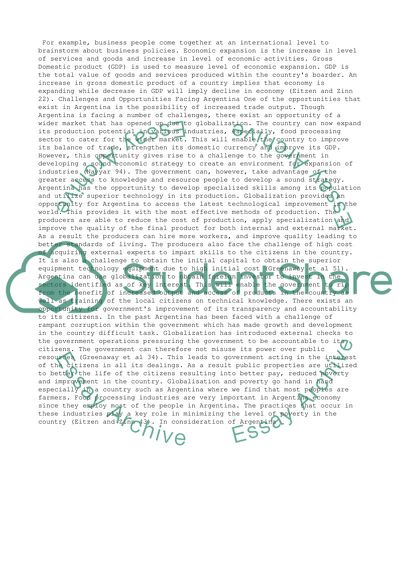Cite this document
(“Possible challenges and opportunities facing Argentina Research Paper”, n.d.)
Possible challenges and opportunities facing Argentina Research Paper. Retrieved from https://studentshare.org/business/1497874-possible-challenges-and-opportunities-facing
Possible challenges and opportunities facing Argentina Research Paper. Retrieved from https://studentshare.org/business/1497874-possible-challenges-and-opportunities-facing
(Possible Challenges and Opportunities Facing Argentina Research Paper)
Possible Challenges and Opportunities Facing Argentina Research Paper. https://studentshare.org/business/1497874-possible-challenges-and-opportunities-facing.
Possible Challenges and Opportunities Facing Argentina Research Paper. https://studentshare.org/business/1497874-possible-challenges-and-opportunities-facing.
“Possible Challenges and Opportunities Facing Argentina Research Paper”, n.d. https://studentshare.org/business/1497874-possible-challenges-and-opportunities-facing.


